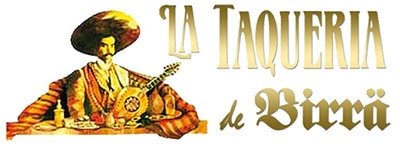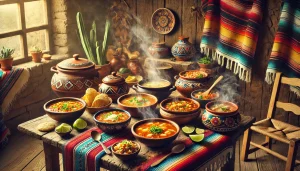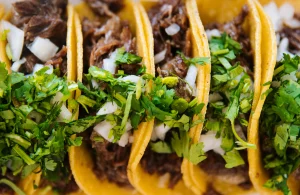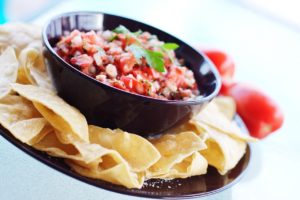Bartending is the art and practice of creating and serving cocktails, which are alcoholic or non-alcoholic drinks prepared by mixing different ingredients.
Cocktail making involves a combination of technical skills, knowledge of ingredients, creativity and attention to detail to produce balanced, delicious and visually appealing drinks.
Cocktail mixologists, also known as bartenders, are experts in blending spirits, flavored liqueurs, juices, syrups, fruits, herbs and other ingredients to create a wide variety of drinks. This can include classic cocktails, such as the Martini or Mojito, as well as original creations and unique adaptations.
Cocktail making: Types of international cocktails

Cocktailing encompasses a wide range of drinks and styles, and types of cocktails can be classified in various ways according to ingredients, preparation techniques, presentation and other characteristics.
Here are some common cocktail categories:
Classic Cocktails
Includes traditional and timeless cocktails, such as the Martini, Manhattan, Old Fashioned and Negroni. These cocktails usually have established recipes and preparation methods.
Tiki Cocktails
Inspired by Polynesian culture, the Tiki cocktail is characterized by the use of rum, tropical juices, spiced syrups and flashy garnishes. Examples include the Mai Tai and the Zombie.
Signature Cocktails
Created by individual bartenders or specific establishments, these cocktails are original and reflect the creativity and style of the creator.
Low-ABV and Non-ABV Cocktails
Low-ABV or Non-ABV cocktails, which are ideal for those looking for lighter options or to abstain from alcohol.
Light-Dark Cocktails
Combine light and dark ingredients in a single cocktail to create contrasts in taste and appearance. Examples include Black Russian and White Russian.
Refreshing Cocktails
Stand out for their freshness and are ideal for hot climates. Mojitos, Caipirinhas and Piña Coladas are popular examples.
Flair Cocktails
It is characterized by the acrobatics and spectacular presentation of the bartenders. It involves the use of movements and tricks to entertain while the cocktails are being prepared.
Of course, Mexican cocktails could not be missing from this classification.
Cocktail making: Mexican Cocktails

Mexican cocktails have their roots in a rich tradition of drinks dating back to pre-Hispanic times, with the influence of indigenous ingredients and fermentation techniques.
Throughout history, Mexican cocktails have evolved and fused indigenous elements with colonial and contemporary influences.
Importance of mixing flavors when making Mexican cocktails
- Diversity of Ingredients: Mexico is home to an incredible diversity of indigenous ingredients, from agaves used in the production of tequila and mezcal to tropical fruits, herbs and spices. The richness of Mexico’s biodiversity is reflected in the variety of flavors that can be experienced in cocktails.
- Agave Culture: Tequila and mezcal, Mexico’s emblematic distillates, have gained worldwide recognition and admiration. The agave culture, with its traditional methods of cultivation and production, has elevated Mexican cocktails to a unique category.
- Innovation and Creativity: Mexican bartenders have demonstrated a great capacity to innovate and create new interpretations of classic cocktails. The blending of traditional techniques with modern approaches has led to the creation of unique and creative drinks.
- Part of Mexican Gastronomy: Cocktails integrate naturally with Mexico’s rich gastronomic tradition. The combination of flavors and the ability to pair different types of cocktails with local dishes adds an additional component to the culinary experience.
Fancy some good Mexican cocktails? If you are short on time or want to enjoy a different kind of dinner, remember! At La Taqueria de Birra we are experts in drinks and typical Mexican food since 1989, so if you want to taste a good tequila, some Mexican cocktails or enjoy a great dinner, don’t wait any longer and come and meet us at La Taqueria de Birra Calle Don Pedro, 11 and La Taqueria de Birra Plaza de las Comendadoras, 2.



